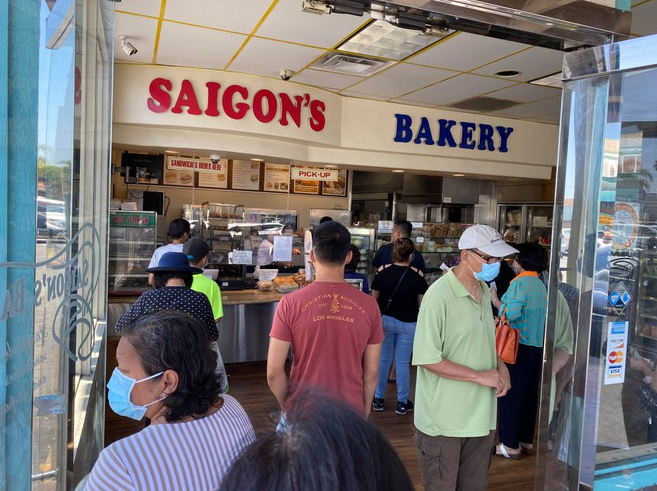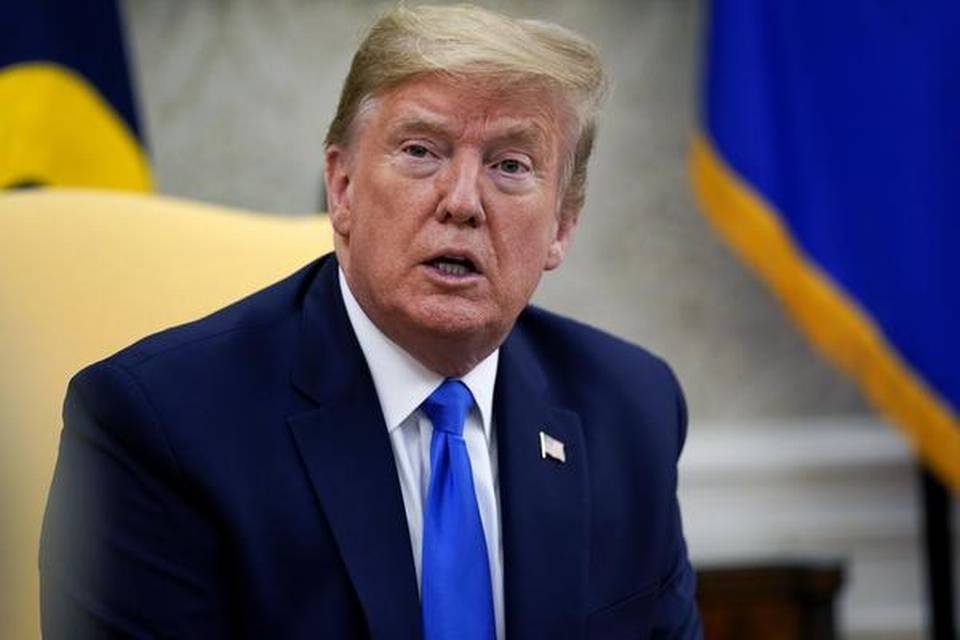Gambling addiction – the silent struggle for Asian Americans
Jimmy Wong was in his early 20s when his older brother kicked him out of the house.
Wong was working at a supermarket in Southern California at the time and was spending the majority of his income at casinos he frequented with his friends.
Gambling had been a social activity they turned to during their spare time. But it was one that took a toll on him. He grew so addicted to it that he often found himself with no money to buy food or pay for transportation, leaving him with no choice but to walk wherever he needed to go.
He said he racked up debt on two credit cards that his brother ended up having to pay off.
It was one reason his brother had asked him to leave.
“I feel like no one wanted to be associated with me and no one wanted to lend me any money,” Wong, now 57, said through a certified medical interpreter, Ryan Le. “No one wanted to talk to me at that time. I was very sad.”
It was a pivotal moment for Wong, who realized that he wouldn't be able to get married and support a family if he continued to gamble his money away. It prompted him to move to Northern California for two years where he surrounded himself with friends who kept busy with other activities and eventually overcame his addiction.
The National Council on Problem Gambling estimated in 2015 that about 5 million Americans are addicted to gambling, but that only about 8 percent will seek treatment.
That includes Asian Americans. While exact numbers of those affected by gambling addiction aren't known, it's an issue that community leaders say has divided families, causes stress and can lead to suicidal ideation and crime. But the problem is one that has been difficult to address because of a lack of culturally sensitive resources and treatment.
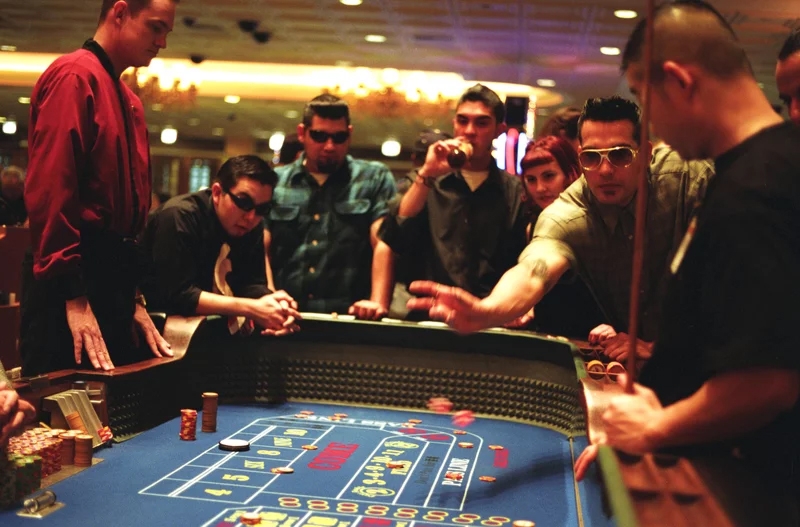 |
| Illustrative image |
Casinos market aggressively toward Asian Americans. This is done in part through targeted advertising in neighborhoods that are predominantly Asian American and by offering free bus rides from these neighborhoods to casinos.
During Lunar New Year, gambling activities are expected to rise in the Asian American community, said Paul Hoang, founder of the Moving Forward Psychological Institute and the nonprofit group Viet-C.A.R.E., which was created to respond to the mental health needs of the Vietnamese community. It's something he expects to see happen even amid the Covid-19 pandemic, as he has seen community members continuing to gather despite government guidance to remain at home.
Timothy Fong, professor of psychiatry and co-director of the UCLA Gambling Studies Program, said gambling in Asian culture is rooted in different areas. In Chinese culture, it's an activity that's promoted and part of the entertainment structure. During Lunar New Year, it can be considered taboo not to gamble.
There's also the tradition of testing one's luck through gambling, Fong added.
Apart from cultural values, casinos market aggressively toward Asian Americans, Fong said. This is done in part through targeted advertising in neighborhoods that are predominantly Asian American and by offering free bus rides from these neighborhoods to casinos.
It's something Ben Hires, chief executive officer of the Boston Chinatown Neighborhood Council, said he has seen, especially to those who are working-class immigrants.
In Boston's Chinatown, where many lower wage and immigrant workers hold jobs at restaurants, they're particularly susceptible to gambling, he added.
“There’s not a lot of other social activities to do, especially if you’re working these late-hour restaurant shifts. So if there’s a free bus ride to some place that looks exciting with bright lights and the promise of maybe some fast cash, why not?” Hires said.
Although gambling addiction is a prevalent issue among Asian Americans — particularly among Chinese, Koreans, Filipinos and Vietnamese, Fong said — treatment options are limited.
In California, for instance, there are 206 certified gambling counselors, about two dozen of whom speak Asian languages.
Culturally tailored treatment is important when it comes to gambling addiction. There needs to be more bilingual and bicultural clinicians who can approach the issue with the understanding of the ways it's different from other forms of addiction since the impact often spills over from the individual to the family.
Hoang is one of three Vietnamese gambling addiction certified providers in the state and the only one based in Orange County, which is home to approximately 200,000 Vietnamese Americans, according to the 2010 Census.
He said that in Orange County, there aren't any anti-gambling campaigns or initiatives specifically targeted to the Asian American community.
Culturally tailored treatment is important when it comes to gambling addiction. There needs to be more bilingual and bicultural clinicians who can approach the issue knowing the ways it's different from other forms of addiction since its impact often spills over beyond the problem gambler, Hoang noted.
“To help the individual, we need to work with the whole family,” he said. “That’s very relevant for our Asian community, because we are family- and community-focused rather than just focused on the individual.”
Michael Le, 25, of Los Angeles, remembered the financial stress he experienced because of his mother's gambling addiction. When he got a job in college, he was torn over whether to send her money. When he did send, his budget for food shrunk. At times, he would resort to asking his dad for money to cover his own bills, he said.
In early months of the pandemic, after decades of living with gambling addiction, Le and his family sought help for his mother.
Le said he remembered his mom's addiction clouding communication within the family. She tried to hide her addiction, and as a result, the family never knew how she was feeling. She also didn't know how to ask for help, he said.
The family sought and continues to receive help from the California Gambling Education and Treatment Services (CalGETS) program, which offers free gambling addiction treatment. Maivia said about 16,000 people have received services through the program, about 11 percent of whom have identified as Asian.
Le said he and a few of his family members, along with his mom, are also receiving treatment through CalGETS. Over the last several months, the family has learned how to approach Le's mother and allow her to be vulnerable about her addiction. He said one of his family members has become less reprimanding and more accepting of the addiction.
He added that the biggest transformation is that his mom has slowly become more open about her problem, which has helped the family navigate through the issue.
Community advocates have called for more research on the impact of gambling addiction on Asian Americans. A 2019 report from researchers at the University of Massachusetts-Boston called in particular for more study on its impact in Cambodian and Vietnamese communities.
Hires noted that both communities established themselves in the U.S. more recently than other groups, like Chinese Americans, so there's even less resources to support them with gambling addiction.
“For those particular communities, they’re both facing the same challenges,” Hires said. “And in ways, it’s even more dire.”
The Boston Chinatown Neighborhood Council has partnered with three other groups, including those that serve Cambodian and Vietnamese communities, to conduct research on attitudes toward gambling.
“We wanted to make sure that for this problem, which isn’t just in the Chinese community, we get the data to really make the case for services for the wider Asian community,” he said. – NBC News
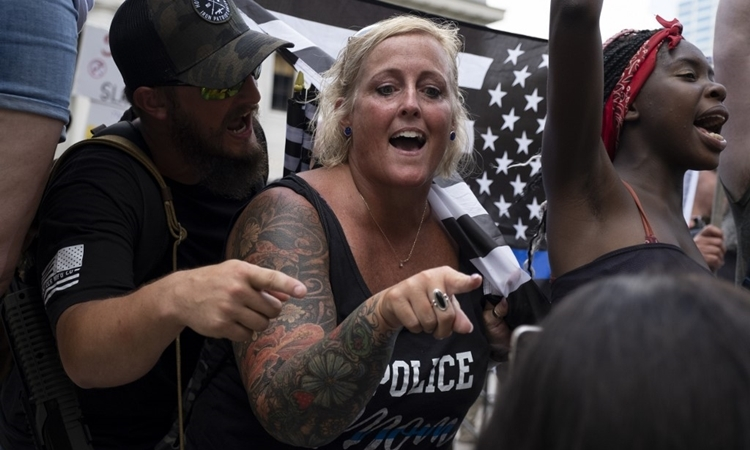 | Anti-mask Americans see coronavirus as a "hoax" California's anti-mask proponents said coronavirus was a hoax and fiercely refused to wear masks despite the explosion of COVID-19 in the US. |
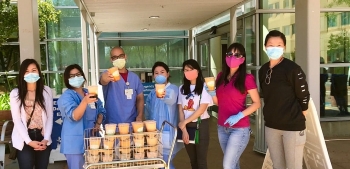 | Vietnamese Americans offered millions of hot meals to frontline fighting COVID-19 Since the outbreak of Covid-19 in the US two months ago, owners of Vietnamese restaurants in California have decided to distribute millions of meals to ... |
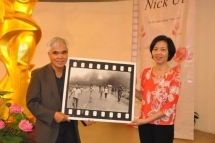 | Successful Vietnamese Americans head their heart to homecountry The S-shaped country always holds a special place in the heart of three Vietnamese descendants who made a name in the States. |
Recommended
 World
World
Pakistan NCRC report explores emerging child rights issues
 World
World
"India has right to defend herself against terror," says German Foreign Minister, endorses Op Sindoor
 World
World
‘We stand with India’: Japan, UAE back New Delhi over its global outreach against terror
 World
World
'Action Was Entirely Justifiable': Former US NSA John Bolton Backs India's Right After Pahalgam Attack
Popular article
 World
World
US, China Conclude Trade Talks with Positive Outcome
 World
World
Nifty, Sensex jumped more than 2% in opening as India-Pakistan tensions ease
 World
World
Easing of US-China Tariffs: Markets React Positively, Experts Remain Cautious
 World
World


